Feature Image Credit: @monikasbookblog
When internationally best-selling thriller author Michele Campbell says “Move over, Stephen King,” after reading author Jess Lourey’s new October novel, Litani, it’s in the interest of every thriller fan to take notice.
An ode to the Satanic Panic of the 80s, Litani explores the terror unleashed on a small Minnesota community by an actual child sex abuse scandal that occurred during that time. Fourteen-year-old protagonist Frankie Jubile finds herself moving from sunny California to Litani, Minnesota, living with a mother she barely knows after the mysterious death of her father. The last thing she expects is her unspeakable nightmares to come to life when a mysterious game begins to unravel.
Imagine Mystic River meets Stranger Things; a perfect October read if you’re a fan of dark, true-crime-esque stories, and a fresh take on a bone-chilling mystery that you’re sure to devour in one sitting.
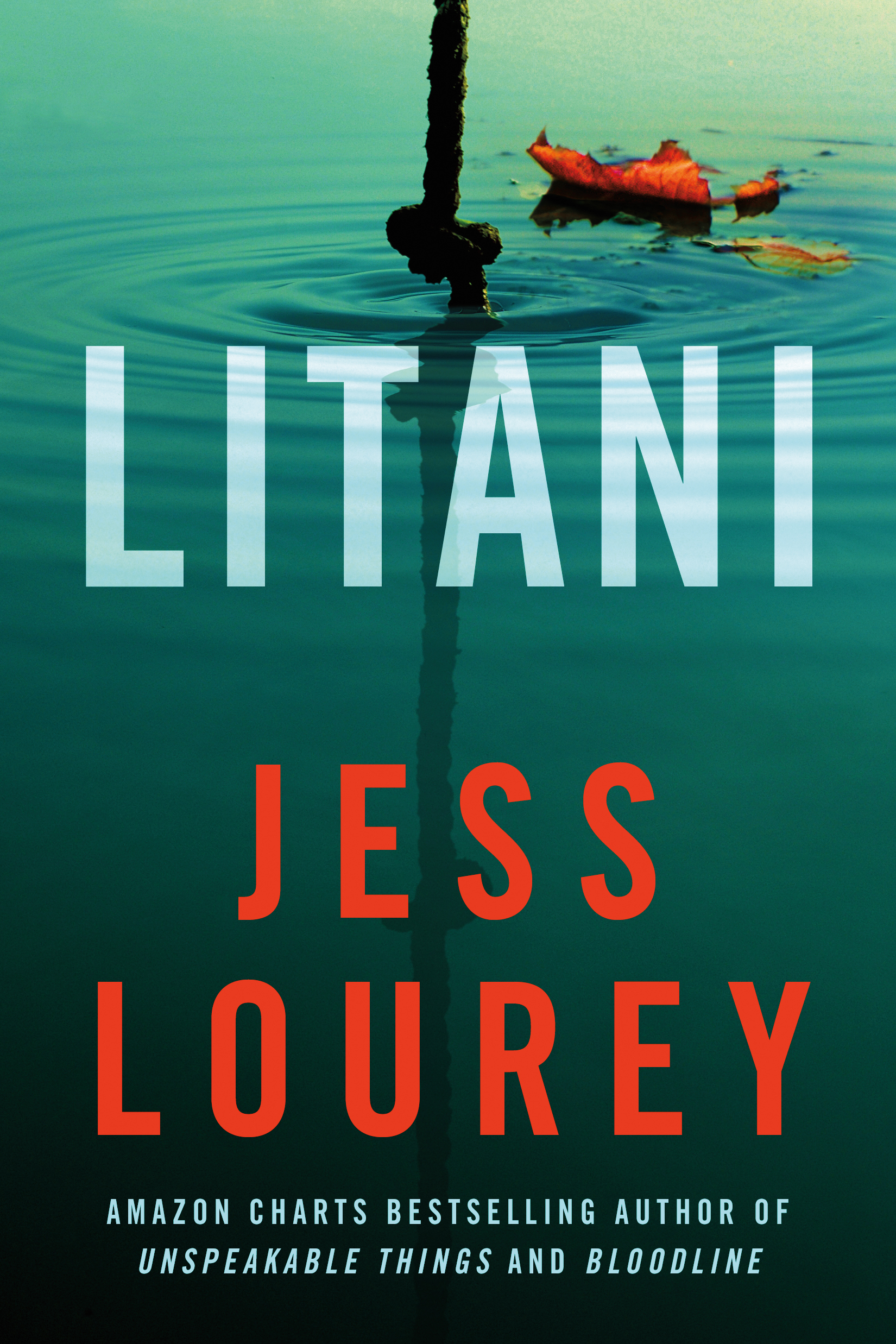
How did you first get the creative spark for Litani?
I actually got it the same night I got the idea for Unspeakable Things, my first true-crime-inspired fiction novel. It was September or October, and in Minnesota, the news was all about the confession from the man who’d abducted and killed Jacob Wetterling nearly 20 years earlier. If you lived in the Midwest in the 80s, you’re familiar with the story. Eleven-year-old Jacob was abducted while biking home from the video rental store with his brother and a friend. The search for him, and the community-wide sense of loss—both of Jacob and of the idea that children were safe in a small town—defined the time. If you grew up in Paynesville, Minnesota, as I did, it felt even more personal. Boys had been abducted and returned for a while, at least eight of them. The sense of fear and confusion was pervasive, but the adults never spoke plainly to us about what was happening. So, when the confession and subsequent discover of Jacob’s body outside of Paynesville made the news, it hit me like an electric shock—all the terror we’d grown up with in my hometown. I wondered if I’d exaggerated it, as kids often do, so I invited a bunch of classmates to my house. We ate, we carved Halloween pumpkins, and talked. I came to understand it was even worse than I’d remembered, both in the community and in the homes, and that I was sitting in a room of survivors.
I knew I had to fictionalize that story, for my own sake but also to highlight the messy, powerful courage of the children who lived through it. When I said out loud to the group in my living room that I thought I was going to write about it, a friend there suggested I also look into the story of Jordan, Minnesota, which in the mid-80s was at the center of the Satanic Panic sweeping the nation. I wrote Unspeakable Things, and then I started in on researching what would become Litani. I found out that there was indeed a story there.
What’s your process of weaving together true crime and fictional stories?
I start by researching to get a feel for the origin events. At some point in the research—and I never know when it’s going to come—what I’m researching starts to connect with things I know, like what it feels like to be a scared child, or the claustrophobia of growing up in a house and community where the number one rule is to not tell the outside world what’s happening. When I feel like the origin story is connected to themes that are important to me, I start to build the main character, deciding what person do I want to follow into this world and then, hopefully, out of it. Once I have the character, the story unfurls from there, starting, usually, with a similar origin event as the true crime but going a different direction from there. When writing fiction, I think our job as writers is to follow more than create the narrative arc. With true crime, you have to stick to the facts, but with fiction, I can follow the characters.
As an author praised for small-town psychological thrillers, as well as novels rooted in true events, are there any terrifying small-town cases you’ve run across that you know one day you’ll just have to write about?
While researching for another book, I discovered that the town I lived in in the early 70s, before my family moved to Paynesville, had two and possibly three active serial killers. The book I’m currently writing, tentatively titled The Quarry Girls, is about that period.
Was there anything that surprised you while researching for Litani—or if not, in the past with your novels?
I continue to be both amazed and heartened by the ability of children who experience darkness to find hope and healing, and by the way friends and family who have experienced indescribable loss have used their pain to help others. It’s important to me not to infringe on their experiences or their grief, so I always steer my fiction away from personal details, but I bear silent witness to their incredible pain and strength.
What are you currently reading?
Tana French’s Faithful Place and S.A. Cosby’s Razorblade Tears. Enjoying both!
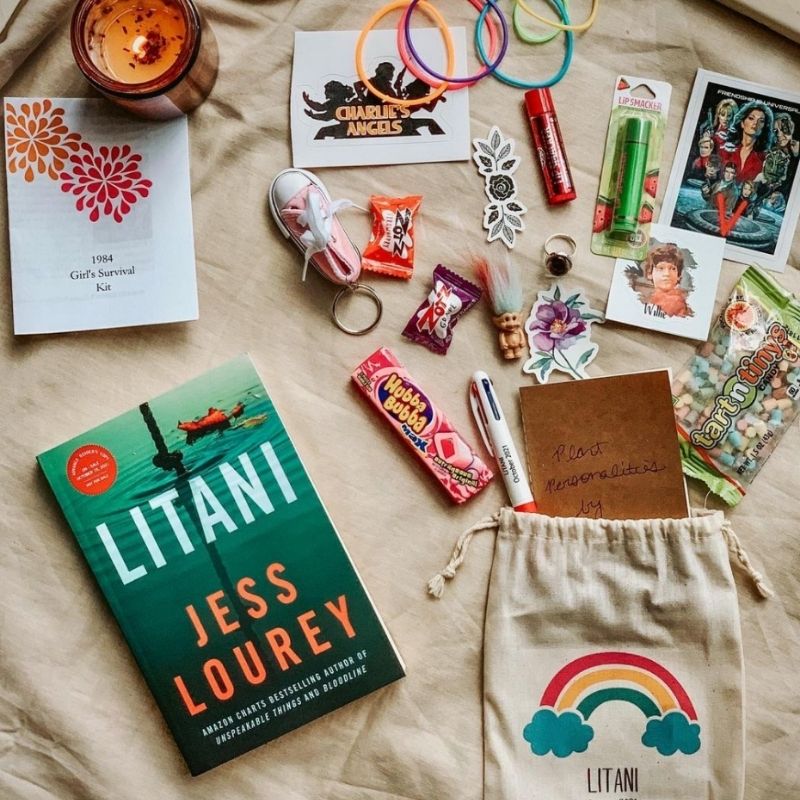

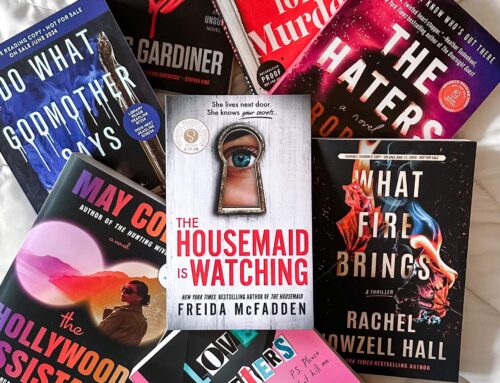
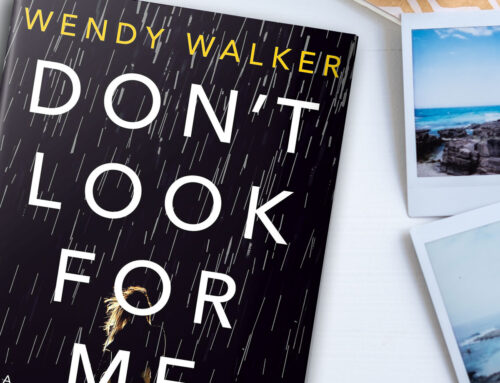
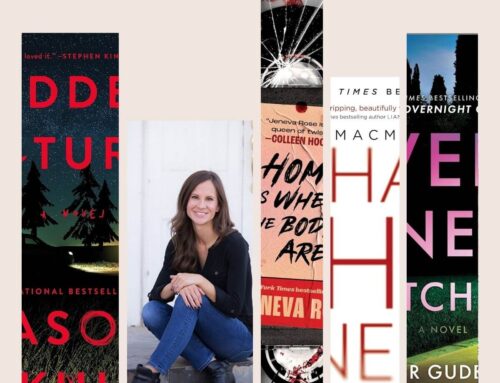
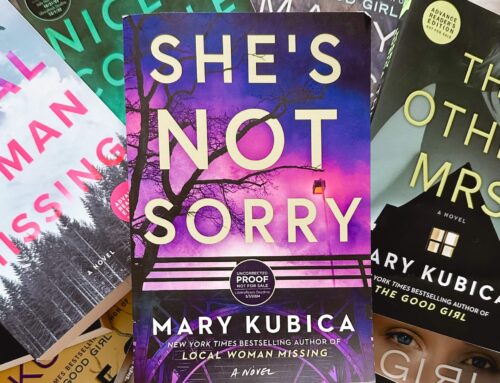
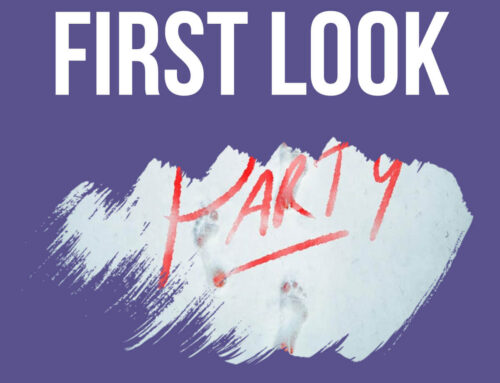
Leave A Comment